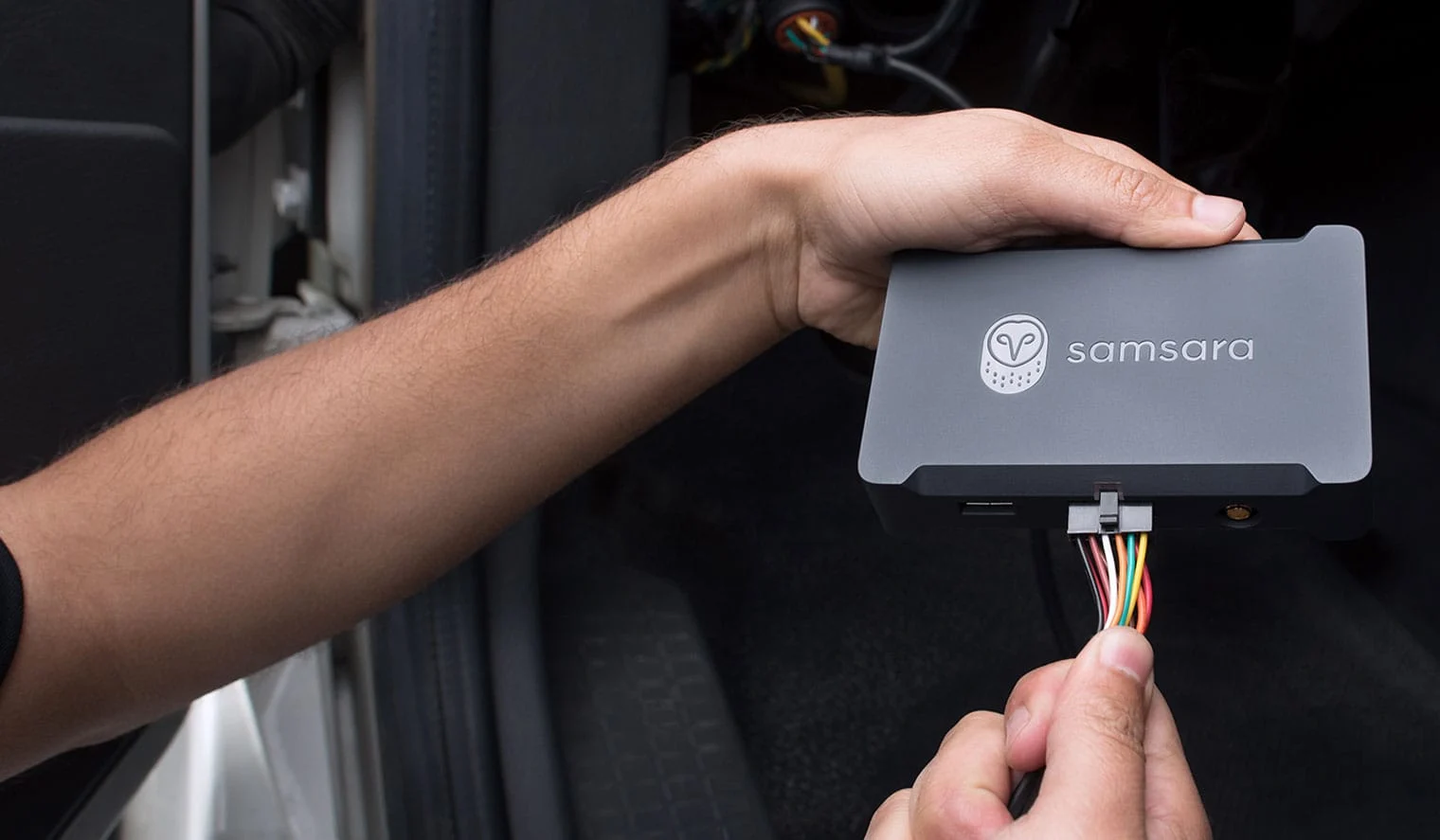
Get the latest from Samsara
Subscribe nowWith more than a year under its belt, the ELD mandate continues to evolve as industries adjust to a more heavily-regulated fleet landscape. Although the mandate was introduced with built-in exemptions, a slew of revision requests surfaced as businesses gained real-life experience into how the regulation impacted their day-to-day operations.
Read on for a more detailed look at existing and proposed ELD exemptions to see what they mean for your fleet and the industry at large.
<br>
<a id="blog-inline-1" href="/learn-more" title="Learn more about Samsara" class="btn primary-btn btn--blue">Learn more about Samsara</a>
<br>
<br>
New, proposed exemptions
Small Carrier Electronic Logging Device Exemption Act
A bill that would allow small carriers–with 10 vehicles or fewer–to be exempt from using electronic logging devices to record Hours of Service was re-introduced to the US House of Representatives in March 2019. The legislation, commonly referred to as the Small Carrier Electronic Logging Device Exemption Act, was first introduced in May 2018 to allow fleets with 10 or fewer trucks to revert back to reporting duty status via paper logs.
Although ELD exemptions exist within the parameters of the Federal Motor Carrier Safety Administration FMCSA's ELD rule, this is the first proposed change to the mandate that's made its way to the House of Representatives.
The bill aims to ease these requirements so that small businesses can function without electronic Hours of Service regulations.
Agricultural Business Electronic Logging Device Exemption Act
Another bill that would exempt trucking companies that move agricultural commodities from using electronic logging devices was also re-introduced in the U.S. House of Representatives in March 2019.
The Agricultural Business Electronic Logging Device Exemption Act of 2018 was put forward again by Representatives Collin C. Peterson and Greg Gianforte on March 13. The legislation would exempt agricultural businesses from the FMCSA’s ELD requirements, allowing agriculture haulers to select either paper logs or an ELD to monitor Hours of Service.
But whether these bills will gain traction in Congress is yet to be determined. Given the ELD mandate's early successes with increased driver safety, it's unlikely truck drivers will find themselves completely off the hook.
Existing, built-in exemptions
2000 Model Year Exemption
Any vehicle engine manufactured in 1999 or earlier is exempt from the ELD mandate, while any vehicle with a 2000 model year or later is subject to the mandate. Keep in mind that this applies to the engine model number and not the Vehicle Identification Number (VIN). This was put into place because vehicles manufactured prior to 2000 do not have an engine control module (ECM), something that is required for ELDs to properly function.
<br>
<a id="blog-inline-1" href="/learn-more" title="Learn more about Samsara" class="btn primary-btn btn--blue">Learn more about Samsara</a>
<br>
<br>
100 air-mile radius short-haul exemption
The short-haul exemption applies to CDL drivers who complete a daily delivery or only travel short distances during their workday. To meet this exemption, drivers must:
Operate within a 100 air-mile radius of their daily starting location
Start and end the day at the same location
End the workday within 12 hours
Have at least 10 hours off-duty between each 12-hour shift
150 air-mile radius
The 150 air-mile exemption applies to non-CDL drivers who:
Operate within a 150 air-mile radius of their work’s primary location
Return to that primary work location at the end of each duty shift
Additionally, they must not:
Drive any vehicle that requires a CDL
Drive after 14 hours of coming on duty on 5 days of any period of 7 consecutive days
Drive after 16 hours of coming on duty on 2 days of any period of 7 consecutive days
Drivers who have RODS for 8 days or less
Commercial drivers who maintain a record of duty status (RODS) for less than 8 days within a 30-day period are exempt from using electronic logging devices. This applies to drivers who meet all requirements of the short-haul exemption but sometimes drive outside of the designated radius.
Tow-away operations
If you transport commercial vehicles as part of tow-away business, you are exempt from the ELD mandate. Because your business does not actually own the commercial motor vehicles (CMVs) it is transporting, it is not required to install an ELD in it.
<br>
<a id="blog-inline-1" href="/learn-more" title="Learn more about Samsara" class="btn primary-btn btn--blue">Learn more about Samsara</a>
<br>
<br>
Whether your company legally requires an ELD or not, Samsara can support a number of different business needs and ultimately help your fleet gain more visibility into its day-to-day operations.
To learn more about Samsara's fleet management services, reach out today for a free demo or free trial.
Get the latest from Samsara
Subscribe now

















